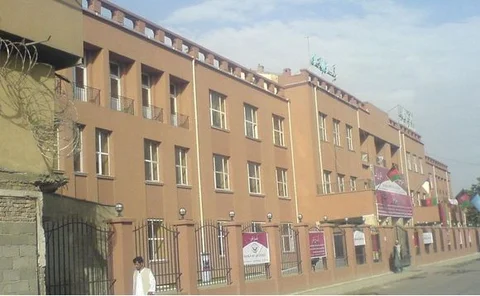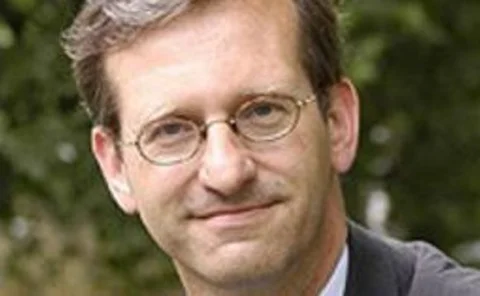Governance
Afghan governor insists country’s biggest bank is solvent
Bank of Afghanistan governor Abdul Qadeer Fitrat refutes reports top officials at Kabul Bank have been fired due to corruption; stresses bank remains solvent as graft rumours threaten to spark run
Brown’s ex-spokesman denies Blair claim over Bank independence
Gordon Brown’s former spokesman Charlie Whelan says first Tony Blair knew about decision to grant Old Lady responsibility for setting rates was when Brown announced move after election
Anti-Semitic remarks could end Sarrazin’s term at Buba
Bundesbank condemns executive board member Thilo Sarrazin for racist comments; will hold hearing before deciding on future
BoJ slashes bonuses and top officials’ pay
Bank of Japan shaved $2 billion off 2009 expenditure through salary and spending cuts, annual report shows; lower banknote costs and interest payments also contributed to savings
Fed looks to take Bloomberg battle to Supreme Court
Federal Reserve asks appeals court for stay on ruling that will force it to reveal emergency lending details; central bank considering appeal to country’s highest court as last resort
SNB appoints new media spokesman
Swiss National Bank names broadsheet economics deputy editor Walter Meier as new media spokesman; Meier to start in early 2011
Philippines’ Tetangco on effective governance
Central Bank of the Philippines governor Amanda Tetangco stresses importance of effective governance for growth
IMF: central bank independence unrelated to politics
Fund study shows that political factors do not figure in central banks’ independence and effectiveness, but key for budgetary institutions
Fed loses appeal to protect names of bailed out banks
Federal Reserve appeal to withhold names and details of banks it bailed out in crisis dealt a further blow; central bank must now petition Supreme Court
IMF: commodity shocks explain variation in Latin American fiscal positions
IMF study finds impact of commodity price volatility on government revenue in Latin America linked to fiscal standing
Jamaica’s Wynter: financial literacy programme long overdue
Bank of Jamaica governor Brian Wynter says financial literacy programme will enhance economic development
Executive director Hoogduin tipped as Wellink’s successor
Netherlands Bank executive director Lex Hoogduin frontrunner to take over as president when Nout Wellink’s term expires
Former BoA chief risk officer Curl joins Singapore's Temasek as president
Temasek has hired former BoA CRO Gregory Curl and promoted Simon Israel as co-presidents to work alongside existing president and former SGX chief executive, Hsieh Fu Hua
Regional Fed staff to make way for foreign officials at Jackson Hole: reports
Reports say ticket allocation for regional Fed presidents and research directors will drop from two to one; New York Fed markets chief no longer on invite list
Welcome to Twin Peaks
The decision by the British government to adopt the Twin Peaks model of financial regulation represents a significant turnaround in the Bank of England’s political fortunes, writes Michael Taylor.
Potential limit on terms could lead to Wellink’s departure
Dutch finance minister proposes a 14-year limit on the tenure of central bank presidents; proposal could bring Nout Wellink’s reign as president of the Netherlands Bank to an end next year
How Ireland is reforming its central bank
A change of leadership offers Ireland’s central bank an opportunity to assert its independence from the country’s much maligned political and banking elite. It is doing much to grasp it, Claire Jones finds.
Interview: Patrick Honohan
The governor of the Central Bank of Ireland tells Claire Jones what went wrong in Ireland and how he plans to stop it happening again.
Interview: Gill Marcus
The governor of the South African Reserve Bank talks to Ramya Jaidev about some of the challenges central bankers are facing both in South Africa and around the world.
Interview: Charles Plosser
The president of the Federal Reserve Bank of Philadelphia talks to Claire Jones about financial reform, how monetary policymaking needs to change and the dangers of assuming central bankers can remedy all economic ills.











